T4K3.news
New Research Reveals Cells May Have Memory
Recent studies indicate that even non-neuronal cells can exhibit memory-like behaviors.
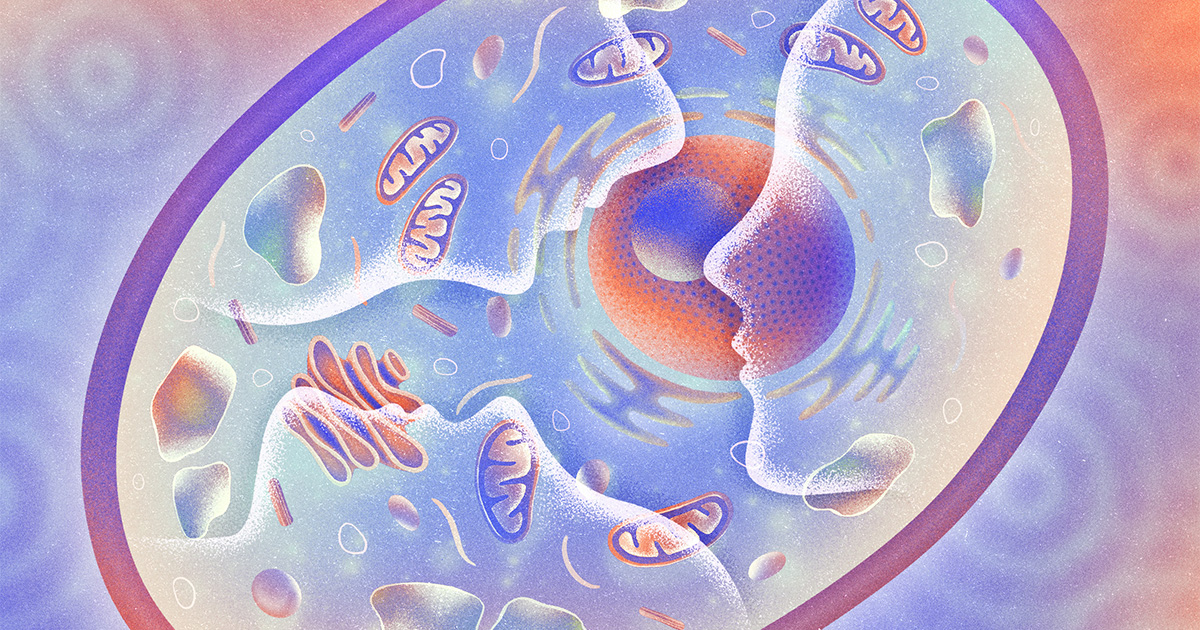
Recent discoveries show that even non-neuronal cells can exhibit memory-like properties.
Cellular Memory Challenges Traditional Notions of Learning
Recent experiments by neuroscientists suggest that non-neuronal cells can remember stimuli in a way similar to neurons. Nikolay Kukushkin and his team conducted tests on nerve and kidney cells using chemical bursts that mimicked neurotransmitter activity. They discovered that when these chemicals were spaced out, the cells showed a more prolonged reaction, implying a form of memory. This highlights a significant shift in our understanding of how memory functions, potentially expanding it beyond the brain to individual cells and organisms. Prominent researchers in the field now challenge the long-held belief that memory is exclusive to neural networks, advocating instead for a broader definition that encompasses various cell types.
Key Takeaways
"I think it should be the default assumption that memory is a continuous process."
Kukushkin emphasizes the need for a broader understanding of memory across cell types.
"When behavior started as something that you could measure, it ended up being the definition of memory."
Kukushkin critiques how memory is traditionally defined in neuroscience based on observable behavior.
"We’ve really underplayed how important those biases can be in organizing scientific communities."
Gunawardena speaks on the sociological factors affecting memory research acceptance.
"If the world is changing really fast, you should forget things more easily."
Gershman explains how environmental stability relates to memory retention in cells.
This research could reshape our fundamental understanding of memory itself. If all cells, not just neurons, can exhibit memory, then the implications for biology and psychology are extensive. Memory may not be a distinct phenomenon limited to complex brains, but rather a continuous process that all living cells experience. It invites a reassessment of how we define learning and adaptation in biological systems, pushing boundaries in how we perceive intelligence and memory across different life forms. Scientists are already calling for a shift in terminology to truly capture the essence of memory in all cells, which may break down outdated paradigms that could hinder ongoing research.
Highlights
- Memory is not just a brain phenomenon; cells hold memories too.
- Understanding memory should involve all living systems, not just brains.
- What if memory is a universal process across all cell types?
- Challenging the definition of memory invites new scientific explorations.
Changing Definitions Could Spark Backlash
Redefining memory to include all cells may encounter resistance from traditionalists who cling to prevailing theories.
The evolving understanding of cellular memory may redefine how we study learning and behavior in life sciences.
Enjoyed this? Let your friends know!
Related News

Common virus linked to increased MS risk in Americans
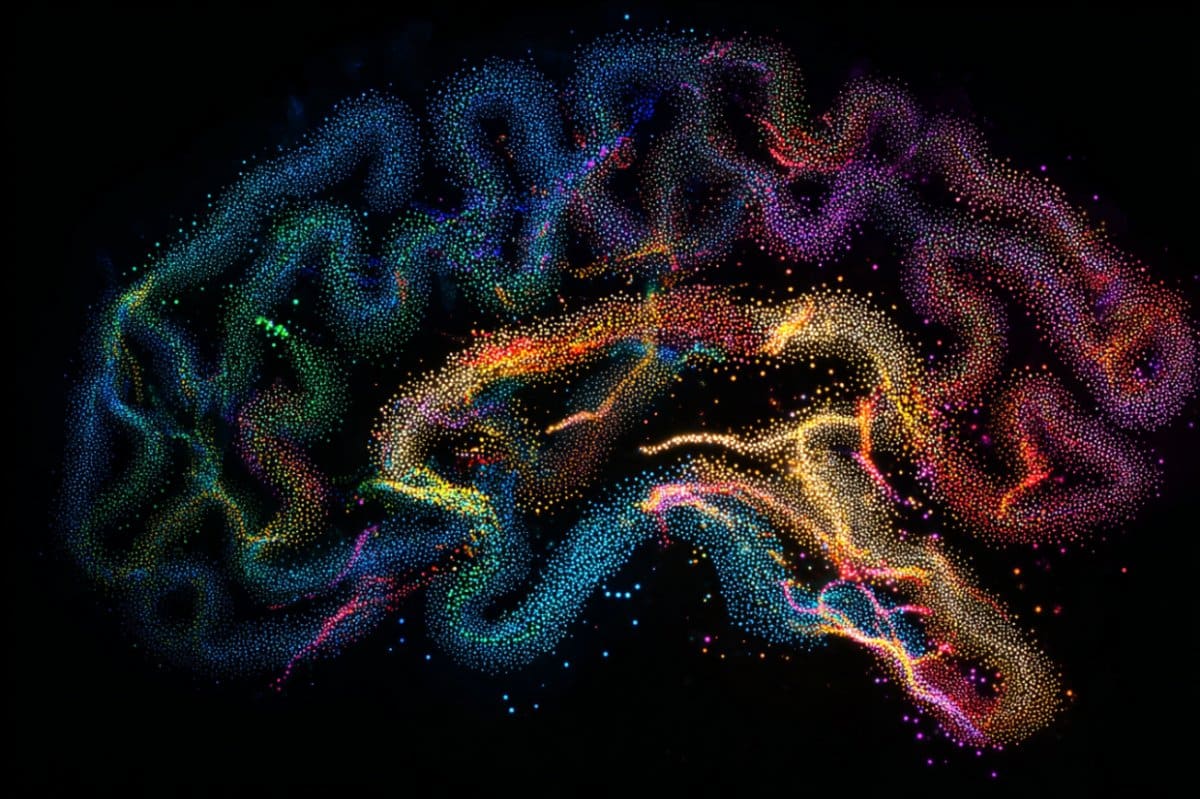
Study finds brain rewrites emotional maps of familiar spaces

Emerging research links cancer drugs to Alzheimer’s treatment
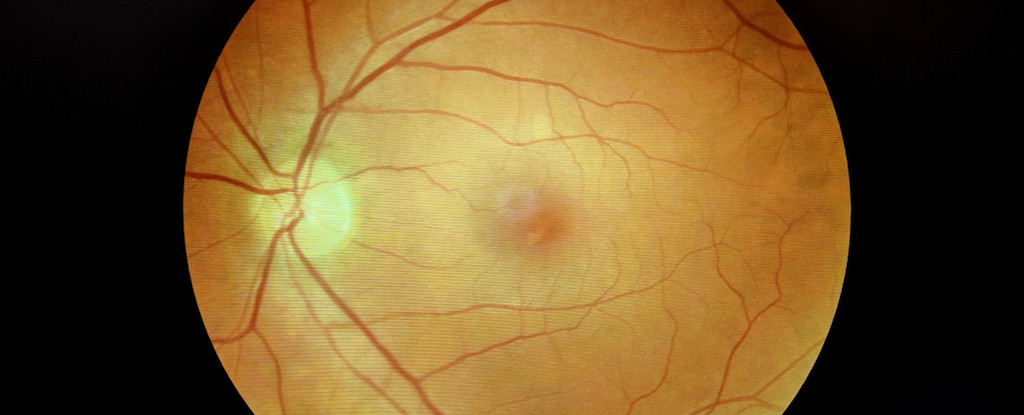
COVID-19 Linked to Alzheimer’s-Like Changes
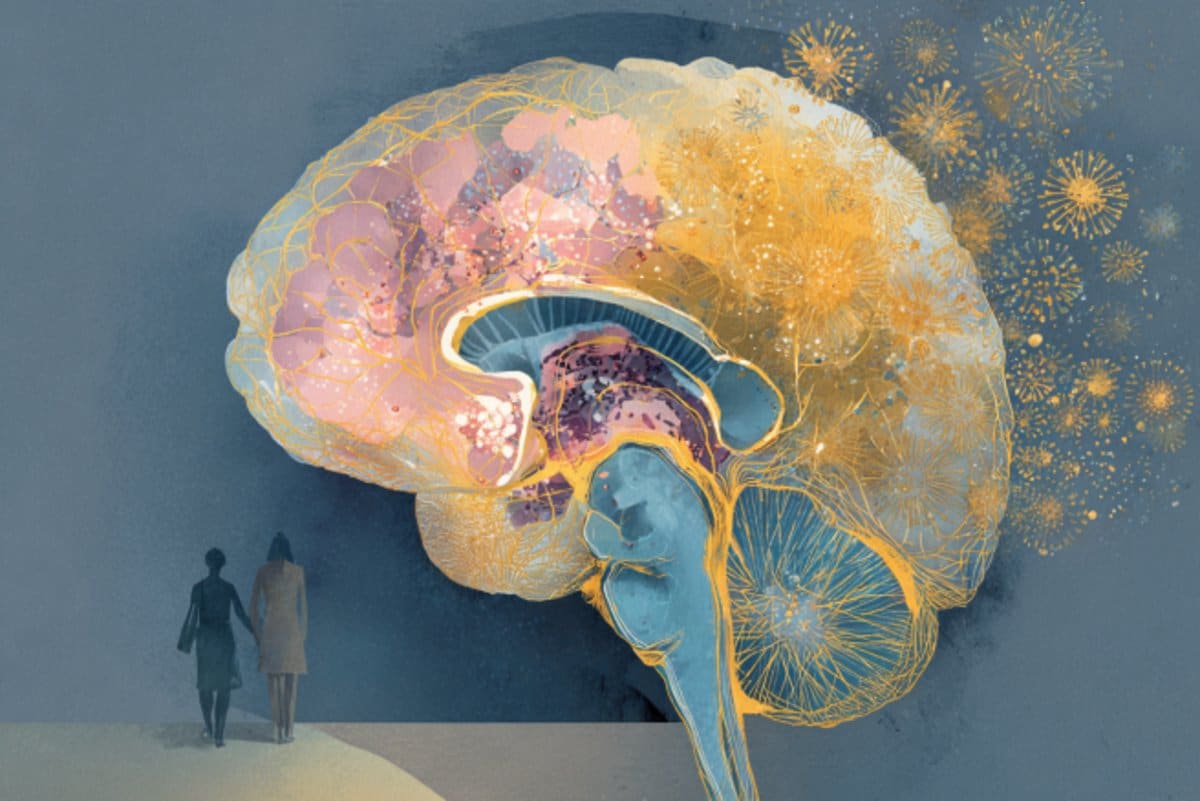
Research Links Hepatitis C Virus to Mental Disorders
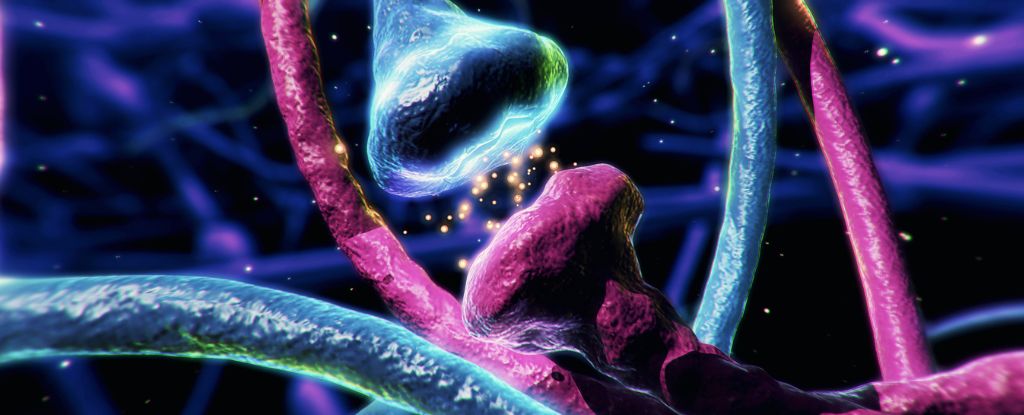
New insights reveal complexities in dopamine signaling

Extreme heat linked to accelerated biological aging
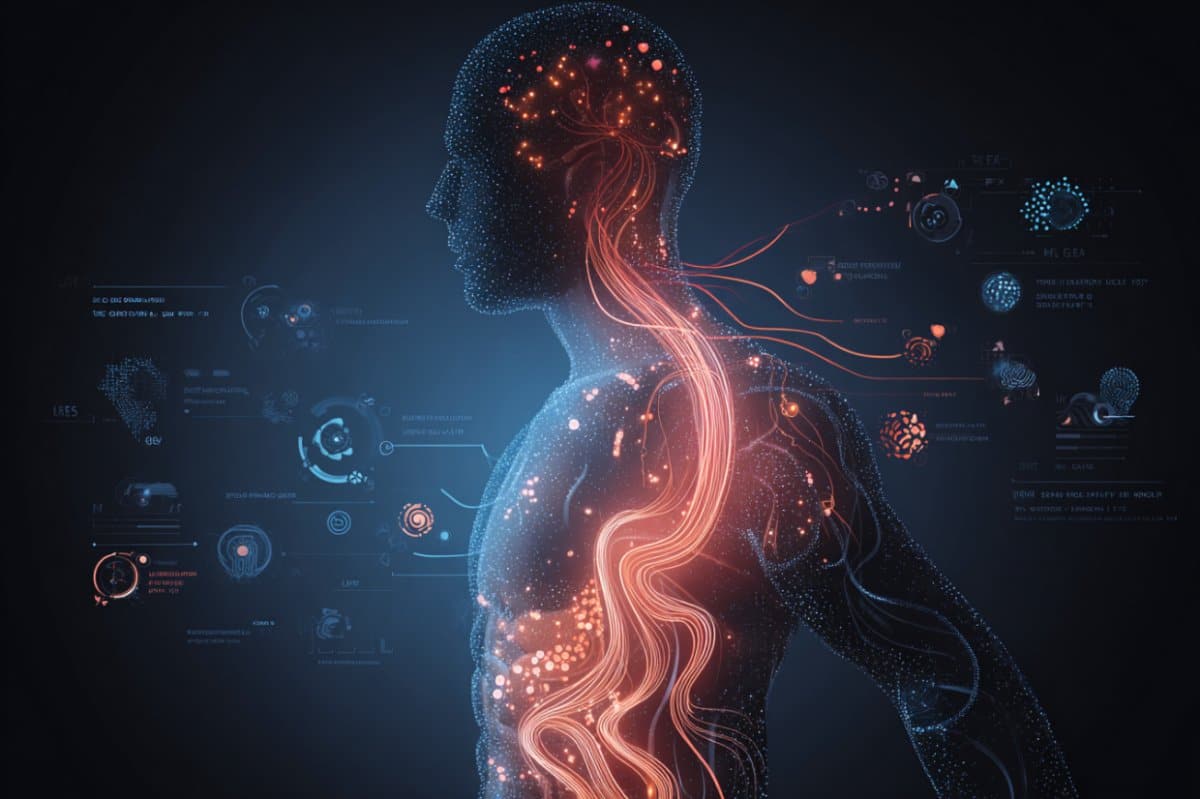
Study Links Gut Health to Chronic Fatigue and Long COVID
